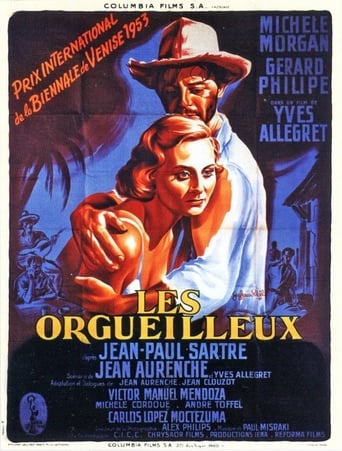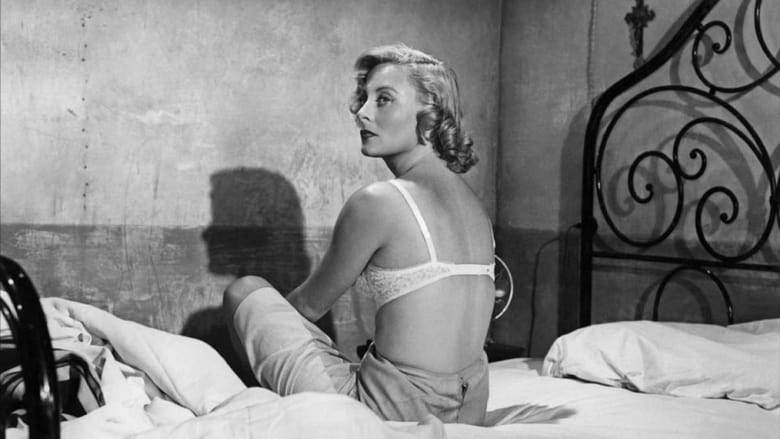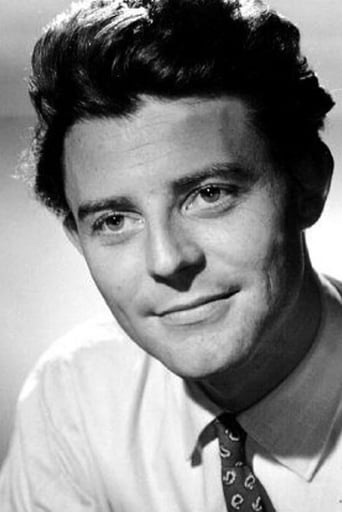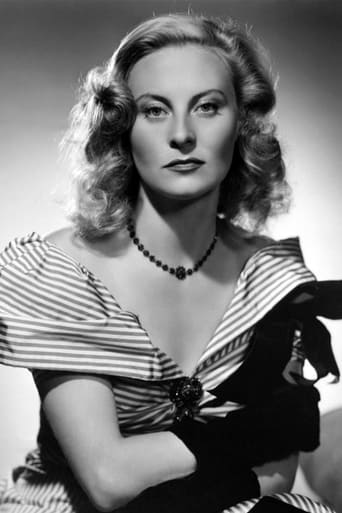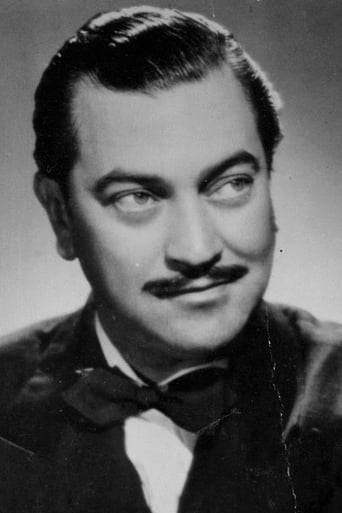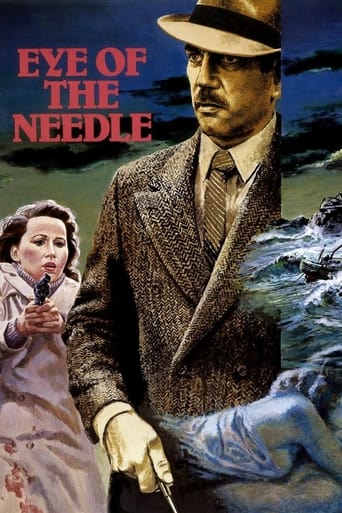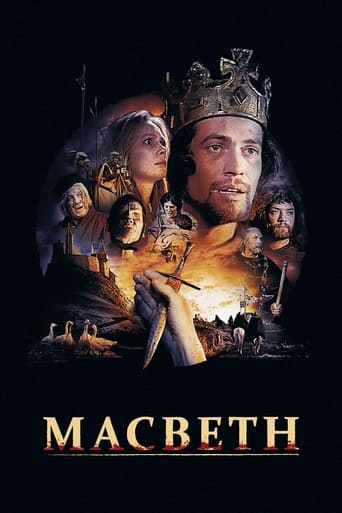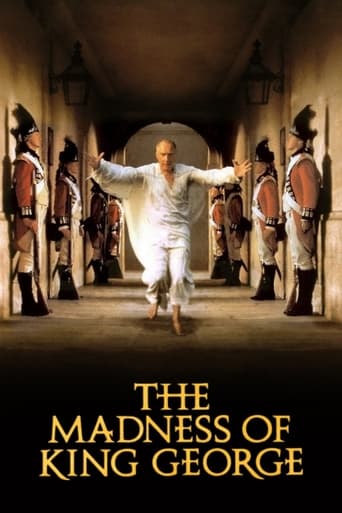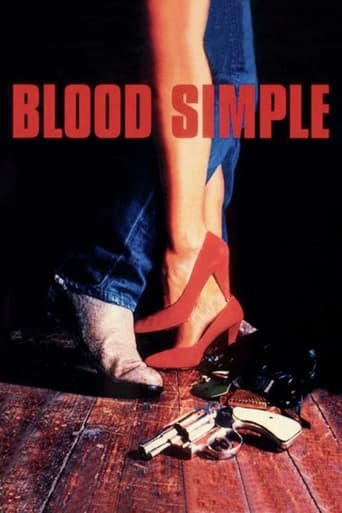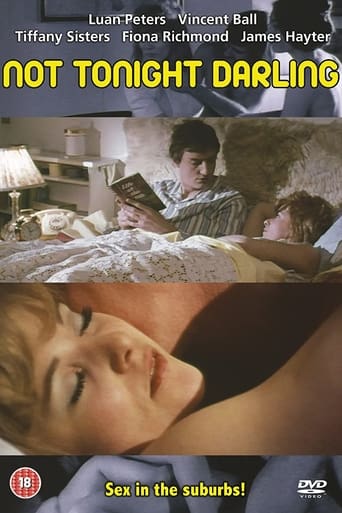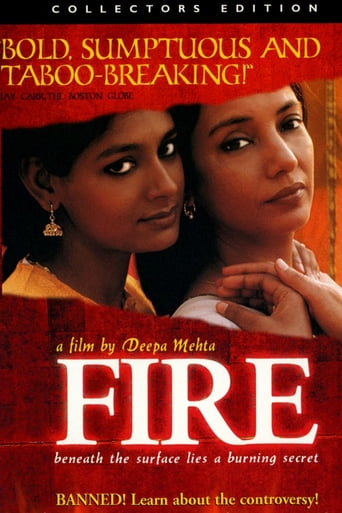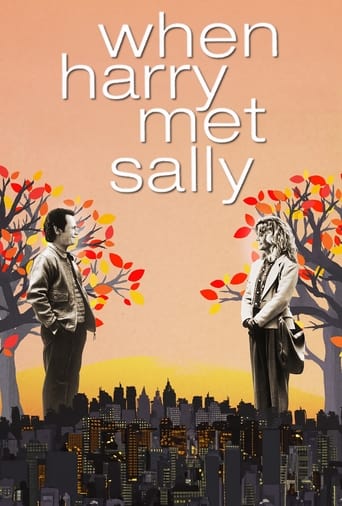The Proud and the Beautiful (1953)
The first to die in an epidemic of meningitis in Vera Cruz is a French tourist. His wife Nellie, detached and indifferent, feels little grief and realizes that her coldness is her own doom. Over the next two days, she is attracted to George, a local drunk who does odd jobs for brothels and dances grotesquely for tourists in exchange for drinks. George has his own dark secret, a tragedy he caused that leaves him with a death wish. In assisting the local doctor to cope with the epidemic, these two emotional cripples enable each other to rediscover reasons to live and to love.
Watch Trailer
Free Trial Channels
Cast


Similar titles
Reviews
All of these films share one commonality, that being a kind of emotional center that humanizes a cast of monsters.
If you're interested in the topic at hand, you should just watch it and judge yourself because the reviews have gone very biased by people that didn't even watch it and just hate (or love) the creator. I liked it, it was well written, narrated, and directed and it was about a topic that interests me.
One of those movie experiences that is so good it makes you realize you've been grading everything else on a curve.
One of the most extraordinary films you will see this year. Take that as you want.
This was Oscar-nominated in the "Best Writing, Motion Picture Story" category at the ceremony selecting the winning movies released in the U.S. during 1956; ironically, it was given in the name of celebrated author Jean-Paul Sartre – who, however, appears nowhere among the credits (but is then prominently displayed on native posters) because the screenplay of the finished film was an adaptation of an unpublished one he had written back in 1944 (called "Typhus")! For the record, it was also awarded the Bronze Lion at the Venice Film Festival. A Franco- Mexican production set in the latter country, the dialogue alternates between French and Spanish throughout; indeed, translations in the former language are given for most of the Hispanic exchanges – however, these end up interfering with the newly-created English subtitles accompanying the movie for the entire duration! Incidentally, the IMDb lists Portas' alleged co-directing credit here but, again, this is entirely omitted on the film proper!Anyway, the torrid, crisis-torn setting (which invariably brings together a number of disparate characters) actually recalls a number of excellent contemporaneous French films – H.G. Clouzot's THE WAGES OF FEAR (1953) and two by my favourite auteur Luis Bunuel, DEATH IN THE GARDEN (1956) and REPUBLIC OF SIN (1959), with which this one even shares composer Paul Misraki and leading man Gerard Philipe respectively! In fact, here we deal with a village combating a meningitis epidemic: the local medic (played by Carlos Lopez Moctezuma – who apparently is no relation to Juan, cult director of "Nunsploitation" flick ALUCARDA {1975}) soon has his hands full with patients; Philipe, an ex-French doctor who took to the bottle after his wife died in his own care, helps out while being made a laughing stock of by the inhabitants. The first case is the spouse of elegant French lady Michele Morgan – in the second of five pictures she and Philipe appeared in, though two were compendiums and one a documentary in which the stars were featured as themselves! She takes an instant dislike to her grimy compatriot, yet becomes increasingly dependent on him when her own hubby perishes and the innkeeper forces himself upon her (typically more permissive than comparable Hollywood films of the era, Morgan is repeatedly seen in her underwear on account of the excessive heat) – she also incurs the jealousy of the latter's wife, another French expatriate. Finally, Philipe rekindles his vocation and decides to remain sober – while the heroine, who had intended leaving before a quarantine was ordered sealing off the village from the outside world, opts to stay behind due to her new-found feelings for the male protagonist The handling is sturdy and the atmosphere vividly rendered, aided in no small measure by the cinematography of Alex Phillips (who had also lensed Bunuel's ASCENT TO HEAVEN and ROBINSON CRUSOE {both 1952}), the production design of Gunther Gerszo (who, apart from Bunuel's SUSANA {1951} and THE RIVER AND DEATH {1955}, would be responsible for several "Mexi-Horror" efforts) and a lively score – accentuated by loud yelps redolent of Latin American nonchalance! – from Misraki (later a collaborator of Orson Welles, not to mention exponents of the "Nouvelle Vague"). That said, there is an odd emphasis on showing its main characters humiliated (and at inordinate length, to boot!): now- penniless Morgan goes to wire her relatives in Paris for money, but she is forced to change pens numerous times because they run out of ink or break and then reduce her message because it exceeds the amount borrowed from the innkeeper!; Philipe, too, is literally made to dance for his share of rum (the drunkard act is slightly overstated, to be sure) – on the other hand, when he has to assist the doc in vaccinating Morgan and ordered to wash his hands, he complains that it will take another eight day's filth to bring them to their current state but, then, they are cleaned up in no time at all! Another minor quibble: with this type of film, there is usually some questioning of religious faith vis-a'-vis the significance of the plague – but, despite the obligatory presence of a curate, there is little of that feeling here!I had missed out on a solitary screening of the movie under review (which, by the way, finds a place on the "Wonders In The Dark" website's ranking of the all-time top 3000 movies – while the Leonard Maltin guide, where it was listed under the alternate international title THE PROUD ONES, saw fit to raise its rating from *** to ***1/2) on a French Cable TV, where it was broadcast without the benefit of subtitles; normally, the channel concerned at least provided a French transcript of the dialogue – but this practice has long since been dropped! As for director Allegret, it is the fourth (and perhaps best) effort of his that I have watched after DEDEE' D'ANVERS (1948), MANEGES (1950) and LEATHERNOSE (1952); I also own one of his most highly-regarded works, SUCH A PRETTY LITTLE BEACH (1949; also with Philipe) while I did not take advantage of a late-night scheduling of MIRACLES ONLY HAPPEN ONCE (1951) – and as for the French-Italian anthology THE SEVEN DEADLY SINS (1952; one of the Philipe/Morgan collaborations I alluded to earlier on), it is only readily available via a trimmed Italian print!
There's much here to remind us of The African Queen (made around the same time) in the two leads, a drunk living in filthy rags and a classy, well-dressed woman who together do something worthwhile. This is a wonderful melange of older and newer talents; Jean Aurenche and Michele Morgan had both enjoyed success in the thirties - Aurenche co-wrote Carne's Hotel du Nord whilst Morgan co-starred in Carne's Quai des Brumes - whilst Philippe and Allegret enjoyed THEIR first successes in the forties, in fact they worked together on Une si jolie petite plage as well as scoring separately with such titles as Dedee d'Anvers and Le Diable au corps. Together they make a formidable quartet in a story about redemption into which it's possible to read a religious subtext if you're so inclined. This is French film-making at its best and I can only endorse other commenters who have bewailed the (thankfully short-lived) emergence of the New Wave later in the decade. One to cherish.
I saw this movie when it first came out, have not seen it since, but have remembered it vividly all these years. Seldom, if ever, has a film held me riveted the way this one did. Of course, I would have paid to see Michele Morgan read the Manhattan phone book, especially attired in a slip (no, I am not a lezzie). The mood created by the meningitis epidemic in Mexico and the sexual tension, created mostly by Morgan, are more enveloping than real life. This remains one of my top 10 - perhaps top 5 - favorite movies of all time. For the life of me, I cannot understand why there is neither a VHS nor a DVD version available, apparently anywhere. What can be done to rectify this situation? For years, I moaned about the lack of a DVD of The Informer. Now, one is available but only as part of the overpriced John Ford collection of some of his lesser films.Jen
One of the greatest films I've ever seen, this movie took me completely by surprise, considering I'd never heard of it, and the videotape cover was very cheesy. Set in a small Mexican town, the main character is a drunk who is so intoxicated throughout the movie he can hardly walk. A plague of cerebral-spinal meningitis hits the town. This film has a startlingly raw edge to it, like nothing else I've seen from the 50s, but more like a Midnight Cowboy kind of down-and-out unflinching view of human situations. One of the first images is of the drunk carrying a pig's head through the streets of town. He delivers it to a whorehouse. The prostitute offers to pay him with sex, but he chooses to be paid in tequila. There's another scene of him cleaning up vomit, and a scene where the local doctor, the drunk, and a woman tourist take turns inoculating each other in the spine with a huge needle. This is not to say that the film is shocking or gross, but simply human and realistic. The photography is utterly pure and perfect. Nearly every composition is dynamic, with a strong perspective, background and foreground in play, half the shots have some kind of movement, dolly or pan, which is used concisely and never intrusively. Every set up is intelligent, resourceful and well executed. The acting is simply brilliant, the stars are believable, realistic and likeable. I don't know the story behind this production, or why it has slipped into obscurity, but it struck me as one of the GREAT films, comparable to something by Robert Bresson(who is one of my favorite directors) so, as you can guess, I highly recommend this. It's a ten.

